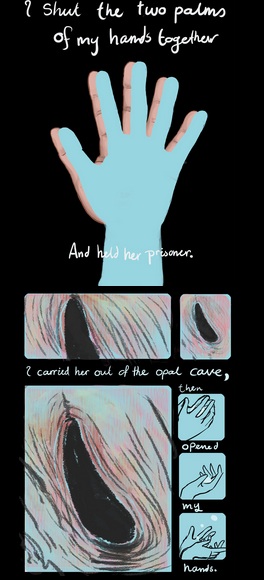As the Press Release says, “Open data benefits public and economy“. The “2013 report on adoption of the Declaration on Open and Transparent Government” was released by the Honourable Chris Tremain on June 17. It documents how well government agencies in New Zealand are adapting the declaration, which encourages the release of high value public data for reuse. Twenty six (84%) of government departments now include the Declaration in their core business plan or intend to do so next year (up from 72% in 2012). The Cabinet approved the New Zealand Government Open Access and Licensing (NZGOAL) framework on 5 July 2010 to provide guidelines for agencies to follow when releasing material under a licence that enables it to be reused by others. Since that time, progress has been very good. A directory of publicly-available, non-personal New Zealand government held datasets can be found at data.govt.nz. A list of open data case studies shows the wide variety of ways in which others have made good use of data that the government has made available. These include the Wellington Interactive Map Viewer, the Tongariro Pocket Ranger and CamperMate smart phone applications, and many other innovative products and services that effectively and productively reuse data that has been collected by the New Zealand government and released under an open licence. The New Zealand Creative Commons Website also has an excellent set of case studies that describe how Creative Commons licences have been applied to a wide range of government material. One good role model is the The Ministry for Culture and Heritage, which has published a wealth of public resources online using a Creative Commons Attribution-NonCommercial 3.0 New Zealand Licence. As Matthew Oliver, the manager of the Ministry’s Web team says:
The more we could get our content used, the more we justify our work. By making our content available for reuse, we show that our content is important, that there is a need.
It is worth keeping this quote in mind as we engage in the important work that we do in higher education.


